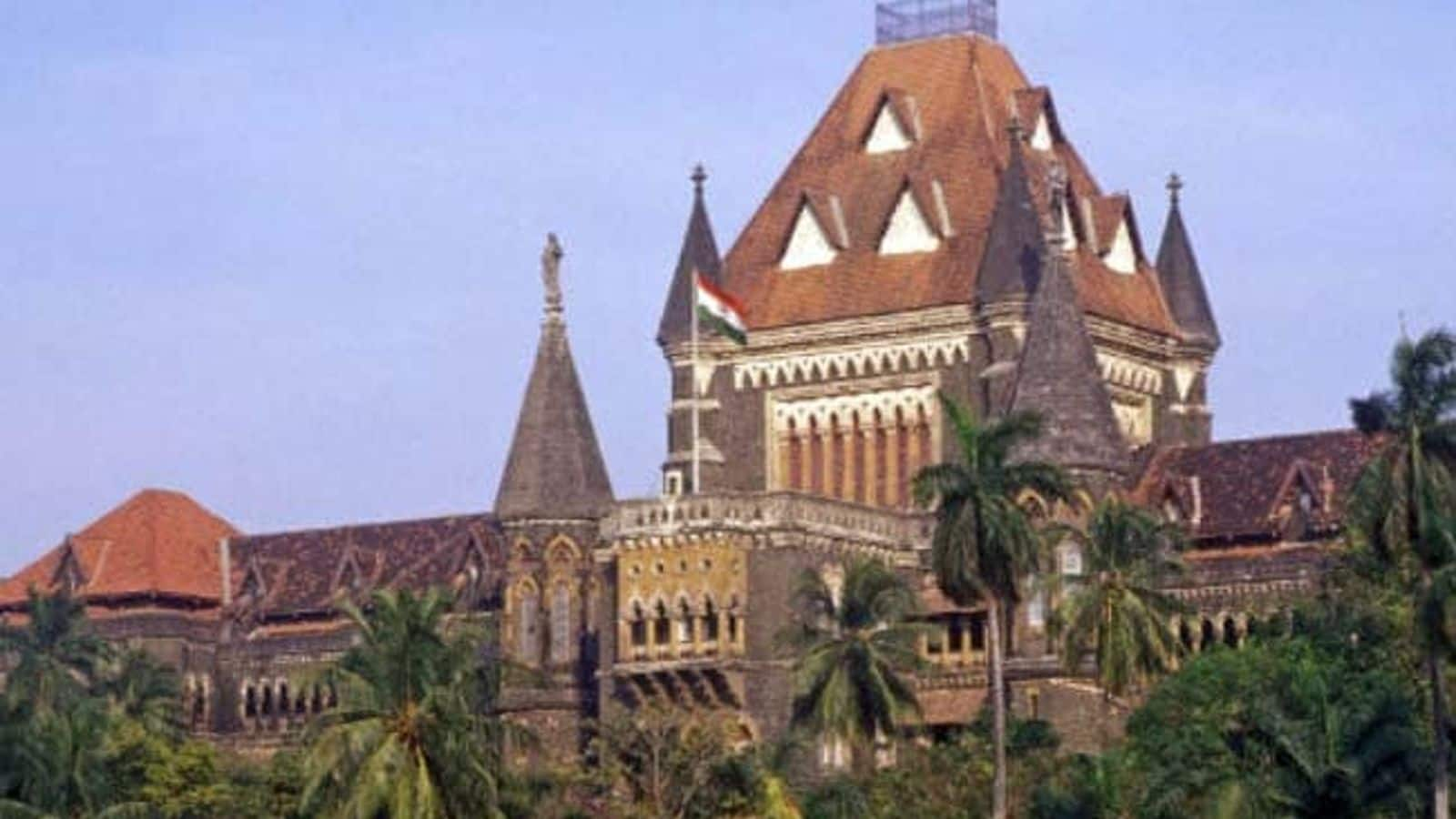Next Article
Bombay High Court denies bail to PFI members
What’s the story
The Bombay High Court has denied bail to three alleged members of the banned Popular Front of India (PFI), noting their “conspiracy to turn India into an Islamic nation by 2047 and use criminal force against the government.”
Justices Ajey Gadkari and Shyam Chandak rejected the bail applications of Razi Ahmed Khan, Unais Umar Khaiyyam Patel, and Kayyum Abdul Shaikh, and said there was prima facie evidence against them.
Notably, the PFI was banned by the Centre in 2022.
Evidence against accused: HC
“The First Information Report is self eloquent. They conspired to transform India into an Islamic country by 2047. They are not only propagators but actively intending to implement the Vision-2047 document of their organization (PFI),” the bench said.
The accused also incited like-minded persons to join them, it observed.
“There is overwhelming evidence to demonstrate that the appellants in connivance with other accused…have systematically undertaken activities which are detrimental to the interest and integrity of the nation,” the HC said.
‘Accused spread hatred, promoted anti-national agenda’
The bench observed that the accused were involved in spreading hatred against the state and promoting an anti-national agenda through various propaganda channels.
It noted that the individuals had shared a document titled “Vision-2047” on social media groups.
“Perusal of Vision-2047 document indicates that it is a sinister plot and design to transform India into an Islamic State by adopting all possible methods mentioned therein,” the HC added.
Accusations of instigating hatred among Muslim community
The prosecution alleges that Khan, Patel, and Shaikh aimed to foster hatred toward other religions and create division among Indians.
They are also accused of holding meetings to instigate hatred among the Muslim community and encourage them to wage a war against the Government of India.
The Maharashtra Anti-Terrorism Squad (ATS) lodged a case against the suspected PFI members under the Indian Penal Code for criminal conspiracy, promoting enmity between religious groups, and under the Unlawful Activities (Prevention) Act.
Accused, other attended a secret PFI meeting
The prosecution’s case said that in June 2022, the accused and several others attended a secret PFI meeting.
During this meeting, they discussed various “atrocities” committed against the Muslim community in India, including mob-lynching incidents.
The emphasis of the meeting was on the need for unity in the Muslim community to “wage a war against the country by adopting any mode.”


